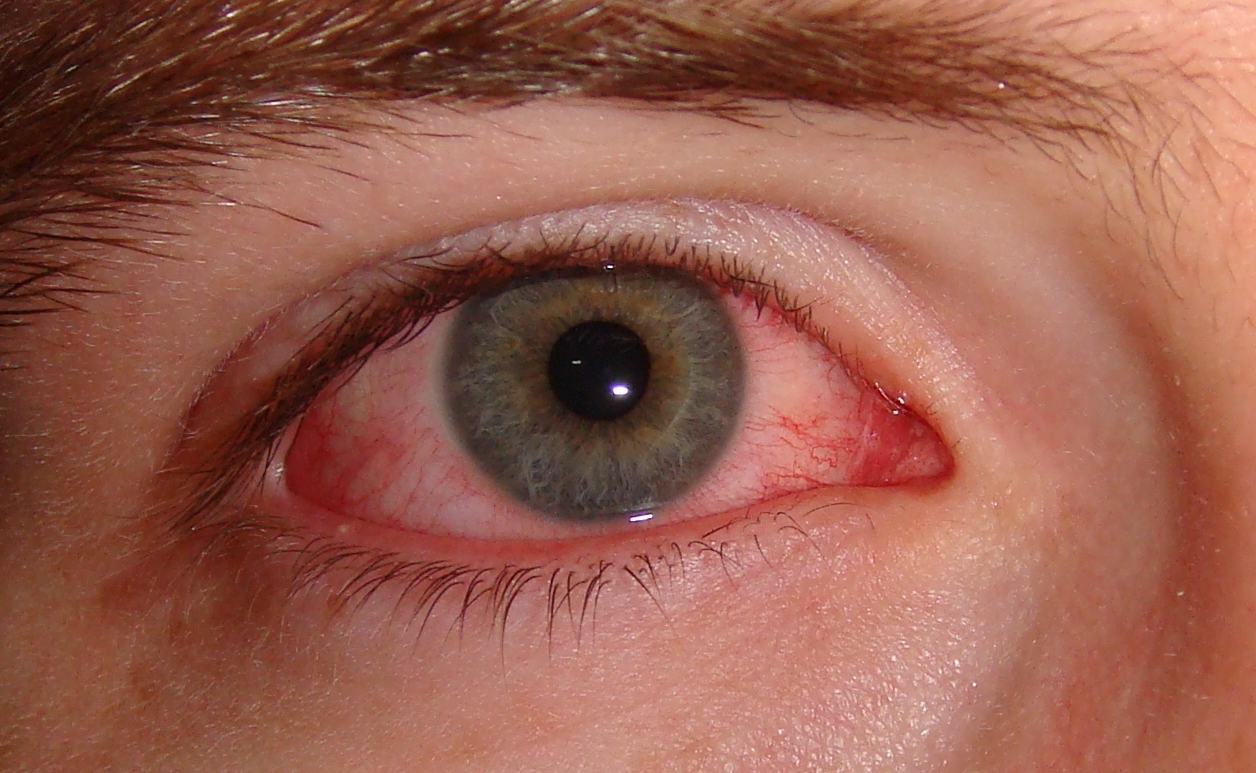Scientists warn city dwellers to stock up on B vitamins after discovering they protect human health from air pollution
01/18/2019 / By Russel Davis

Taking high doses of vitamin B supplements may offer protection against the adverse health effects of air pollution, according to a small study published in the journal Proceedings of the National Academy of Sciences. To test this, researchers examined 10 participants given daily doses of a vitamin B supplement containing 2.5 mg of folic acid, 50 mg of vitamin B6 and 1 mg of vitamin B12. The participants were initially exposed to clean air and were given a placebo to assess their basic responses. The same participants were then exposed to air containing high levels of PM2.5, a very fine particulate matter that is considered the most hazardous air pollutant. Researchers found that daily vitamin B supplementation helped inhibit the effect of PM2.5 on the body between 28 and 76 percent in ten gene locations. Similar effects were observed on the mitochondrial DNA of the participants.
“Where we quantify the effect, it is almost close to a complete offset on the epigenome of the air pollution. On the mitochondrial DNA side, it also offset a big proportion of it,” said lead researcher Jia Zhong. “I think that B vitamins are a likely hope that we can potentially utilize as an individualized treatment to complement the policy regulations to minimize the impacts of air pollution. A more sophisticated study is urgently needed in Beijing or India or Mexico just to see whether those who are chronically exposed, if the protective effect can still be effective,” Zhong added.
Outside expert Prof. Carrie Breton, who was not part of the study, agreed that the study warrants further examination. “The fact that they find a coherent story in only 10 subjects is promising, but clearly warrants further follow-up in larger populations especially considering the ethnic variability in this study. While I think it is great that doing something as easy as taking a vitamin would help protect against air pollution harm, the public health goal still needs to be one of reducing air pollution to a level that is not harmful.”
WHO data on air pollution
The World Health Organization has considered air pollution as a major environmental health problem that negatively impacts everyone around the world. According to 2014 WHO data, 92 percent of the world population reside in areas where WHO air quality guidelines were not met. The WHO also reported that outdoor air pollution in both urban and rural areas was associated with about 3 million premature deaths worldwide in 2012. Around 88 percent of those premature deaths were in low- and middle-income countries, with the highest numbers found in the Western Pacific and Southeast Asia regions. This premature mortality was caused by exposure to small particulate matter that triggers cardiovascular diseases, respiratory conditions and certain types of cancer.
WHO data also revealed that some 72 percent of air pollution-related premature deaths in 2012 were caused by ischemic heart attack and stroke, while 14 percent were due to chronic obstructive pulmonary disease or acute lower respiratory infections, and another 14 percent were linked to lung cancer. The WHO’s International Agency for Research on Cancer has concluded in its 2013 report that outdoor air pollution is carcinogenic to humans. Indoor smoke coming from cigarettes, cooking fuels and coals also pose a threat to public safety, the WHO stated.
Various industries such as transport, energy waste management and agriculture were among the primary sources of air pollution, according to the WHO statement.
The WHO calls for the creation of policies and investments that promote cleaner transport, energy-efficient housing, green energy generation and better municipal waste management to significantly reduce the primary sources of outdoor air pollution in cities. Cutting back on outdoor emissions from household coal, biomass energy systems, forest fires and agricultural waste incineration may also help stem air pollution in key rural and urban areas, the WHO added.
Sources include:
Tagged Under: alternative medicine, natural cures, natural remedies, supplements, Vitamin B, WHO




















